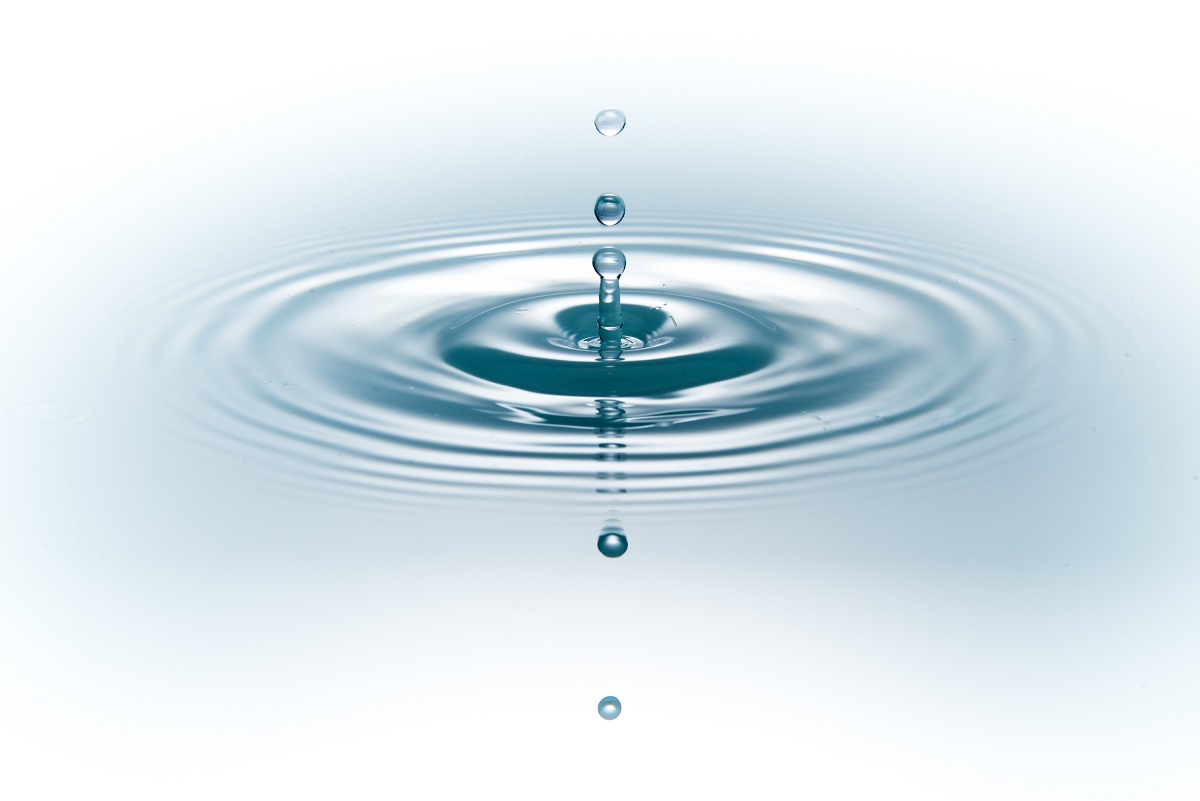Water shortage is a huge global issue. In many parts of the world, water scarcity is already a reality, rather than an issue that can still be evaded. Around the world, 2.7 billion people experience water scarcity for at least a month. If not addressed, the problem of water shortage will become more widespread.
People waste water thinking it’s an unlimited natural resource, but it’s not. And people must know this fact to become more conscious of how they use and consume water.
Everyone must collectively do what they can, no matter how small, to save water.
Turn off the Tap
Leaving the tap running is a waste of money and water. So the most basic thing you can do to save water is to always turn off the tap when you’re not using it.
For example, turn off the faucet while you brush your teeth. Alternatively, fill a drinking glass with water and only use that when you brush your teeth to minimize your water usage. And when you wash your hands, you can turn off the tap while you scrub your hands and wrist with soap. Only turn on the faucet when it’s time to rinse.
Check the Plumbing
Leaky faucets and pipes lead to wasted water. In the U.S., the average household wastes up to 10,000 gallons per year due to leaks. Not to mention, water leaks bring other problems, such as poor water quality, stained walls, and mold.
Thus, to prevent these problems and to conserve water, you need to have your plumbing checked. Start with the ones you can easily access, such as your faucets. Also, inspect the pipes leading to your heat pump and buffer tank to see if anything needs to be fixed. You might also take things further and check your water line. There may be no leaks, but if your pipes are already dated, replacing them as soon as possible will save you trouble in the future.
Collect Rainwater
One way to save water is to reduce your usage of water from your pipes. And you can do this by collecting rainwater. You can use it for many tasks, such as watering your plants and flushing your toilets. Your plants and your pipes will like rainwater since it’s considered soft water. It is free of salts, minerals, and other chemicals.
One way to collect rainwater is to attach a tube to your gutter. This tube will lead the rainwater to empty containers outside your home. Consider preparing more than one container to collect rainwater to avoid overflows. If you don’t have the time to set up, leave a bucket of water on your driveway while it rains.

Use Water-efficient Fixtures
If your budget allows, you can also replace your current fixtures with water-efficient alternatives to reduce your water usage. Some examples of these fixtures include faucets, showerheads, and toilets.
These fixtures save money through a low flow of water and can save gallons of water. For example, a low-flow showerhead can save a person around 2,000 gallons of water annually.
Alternatively, you can use a bucket of water when you take a bath. Fill the bucket with water before you start taking a bath. Committing to using only the water in the bucket will keep your water usage low. Doing this also makes you more conscious of how much water you use each bath.
Schedule Your Laundry
Having a fixed schedule for your laundry will help you save water. The goal is to always have a full load of laundry. A full washing machine load uses less water than multiple half-loads. The schedule will depend on how many people are in your home. If you’re alone, you might only have to do the laundry once a week. Meanwhile, if you live with your family, you may need to do the laundry twice a week.
Buy Less
When people think of water conservation, they mostly think about their own consumption of water. But that isn’t always the case.
Each time you buy something, it also comes with water footprint. For instance, one producing a single cotton t-shirt takes about 2,700 liters of water. Water is also used to produce single-use plastic items, such as water bottles and plastic packaging.
Given the water footprint of consumer products, it is in your best interest to reduce your spending on nonessential items. Doing so will not only ensure that you conserve water. You also save money and don’t accumulate clutter in your home.
Conserving water is everyone’s responsibility. Everyone must take steps to reduce their water consumption and prevent water scarcity.
